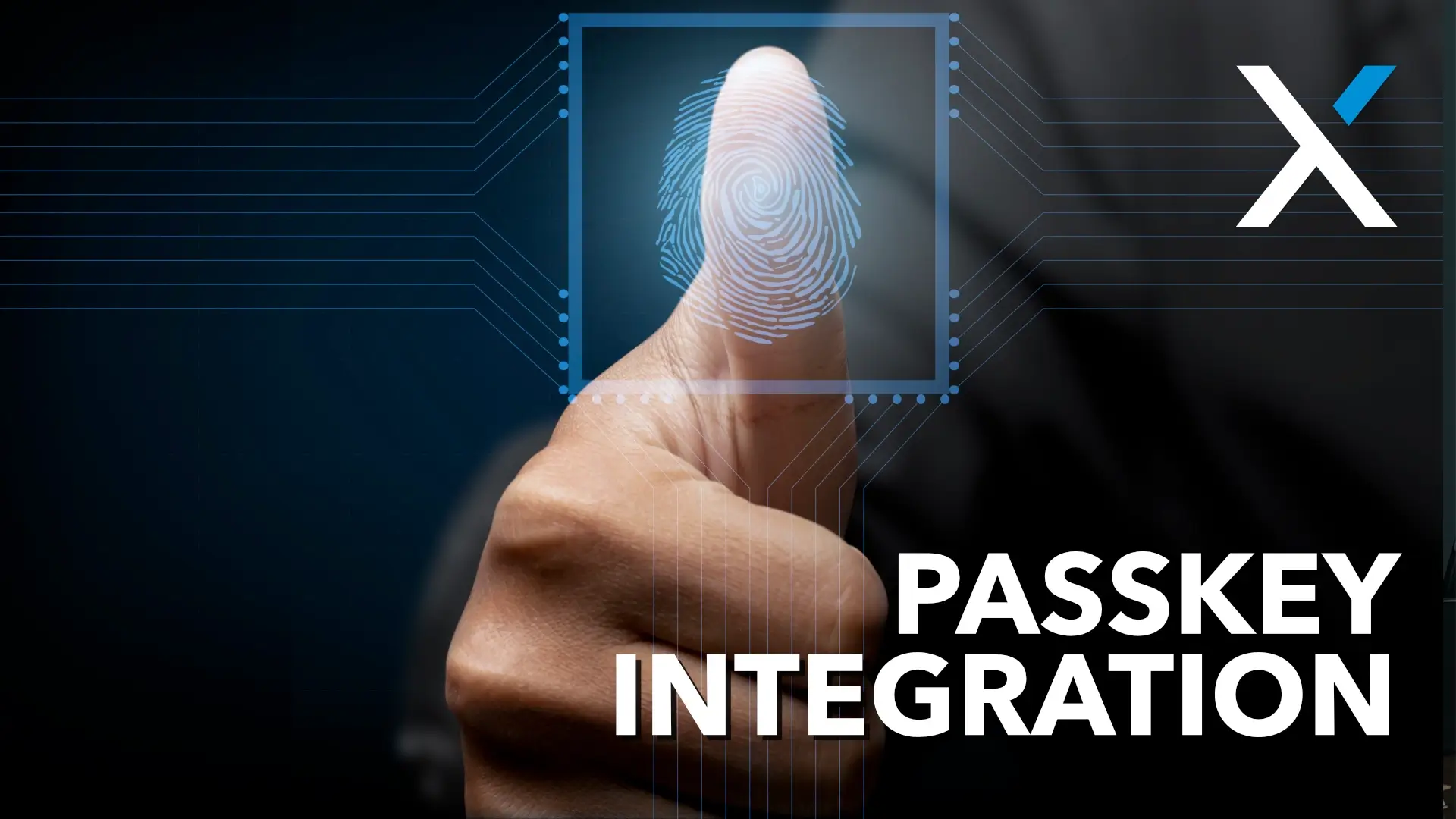When passwords break down, business takes the hit. Lost logins, reused credentials, phishing scams – it all slows teams down and leaves sensitive systems exposed. Microsoft’s betting that passkeys are the fix we’ve all been waiting for.
Why Passwords Just Don’t Cut It Anymore
Most businesses rely on digital tools to handle day-to-day operations: billing, scheduling, cloud storage, communication platforms. But the way we access those tools? Still stuck in the password era.
And it shows. People reuse weak passwords. They write them down or share them informally. Reset requests pile up. Cybercriminals take advantage with phishing emails, stolen credentials, and brute-force attacks.
The result? Lost time, lost trust, and exposure to data breaches. Every login delay becomes another fire to put out and another crack in the foundation.
This Isn’t Just a Tech Problem
Passwords aren’t failing because the tools are bad. They’re failing because we’re asking real people to manage them under pressure. When someone’s trying to juggle dozens of systems and responsibilities, password hygiene is the first thing to go.
It’s not laziness. It’s overload.
What Microsoft Is Changing
Microsoft is moving fast to make passkeys the new normal. A passkey is like a digital key that’s split in two: one piece stays safely on your device, the other lives on the service you’re logging into. No shared secret, nothing to steal.
Passkeys work with biometrics (face, fingerprint, or PIN) and are now being integrated directly into Windows 11. Microsoft has partnered with 1Password, making it easier to manage passkeys right from your computer. This means you can sign in with a fingerprint instead of a password, and skip the whole reset dance.
Microsoft’s also opening the door to other password managers and shifting away from storing passwords in Microsoft Authenticator. Passkeys are clearly the future.
Why This Matters for Your Business
- Stronger Security Without the Extra Work
Passkeys are phishing-resistant. No shared secret means attackers can’t steal what isn’t there. - Fewer Password Resets
Biometric logins mean fewer calls to the “go-to tech person” and more time for actual work. - Built Into the Tools You Already Use
If you’re on Windows and using something like 1Password, this is a low-friction shift that gives your team a smoother, safer way to log in. - Ready for What’s Next
Microsoft is pushing this change across its ecosystem. Getting on board early helps you stay ahead of future security updates and compliance requirements.
What You Can Do Today
- Check Your Setup
If you’re using Windows 11 and 1Password, consider trying out the beta integration through the Windows Insider program. - Start Small
Try biometric logins on less sensitive systems first. Measure the impact on time saved and user feedback. - Update Your Playbook
Adjust your tech policies and onboarding steps to reflect the shift toward passkeys. Train your team on how to use them. - Plan the Rollout
Watch Microsoft’s update schedule so you’re ready when the features go mainstream. Start with early adopters and expand from there. - Reassure Your Clients
Let customers and partners know you’re upgrading to a more secure sign-in system. It shows you’re serious about protecting their information.
Final Word
Passwords have been a necessary evil for too long. But they’re slow, vulnerable, and outdated. With Microsoft backing passkeys and rolling them into the core of Windows, this isn’t a trend, it’s a transformation.
Adopting passkeys won’t just tighten up security. It’ll give your team one less thing to stress about and help you move forward with more clarity and confidence.
If you’re ready to stop babysitting passwords and start focusing on what matters, this is a change worth leaning into.
